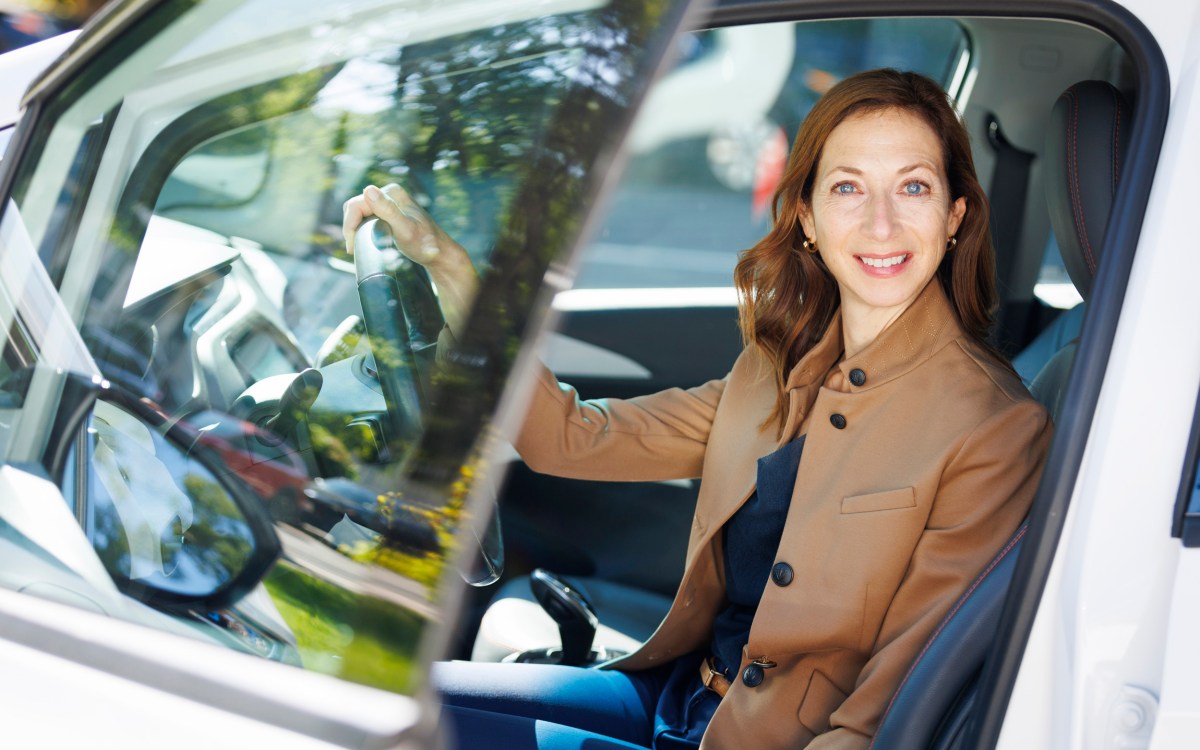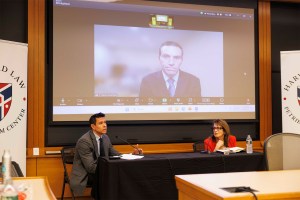Science & Tech
-

Harsh past might bare its teeth
Early adversity leads to higher aggression and fearfulness in adult canines, study says

-

What will AI mean for humanity?
Scholars from range of disciplines see red flags, possibilities ahead
-

‘Human exceptionalism is at the root of the ecological crisis’
Saving the planet requires getting over ourselves, argues author of ‘The Arrogant Ape’
-
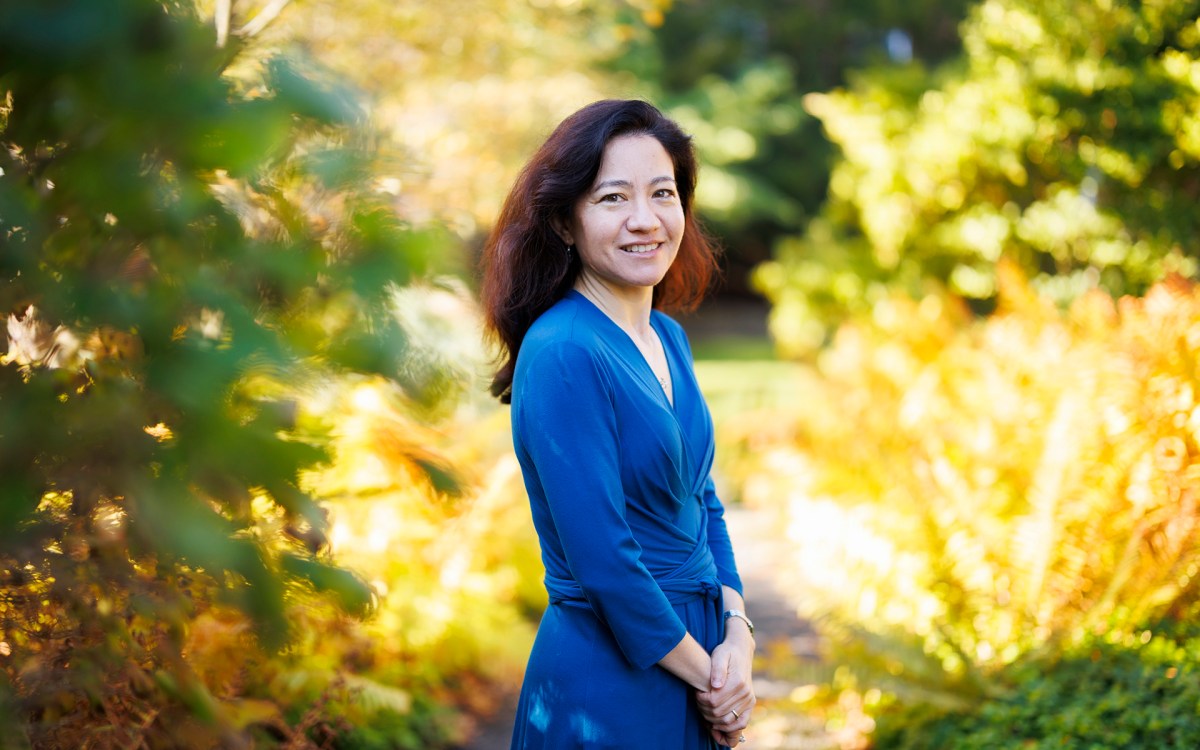
Lauren Williams awarded MacArthur ‘genius grant’
Math professor honored for theoretical breakthroughs with sometimes surprising applications across phenomena such as tsunamis, traffic
-
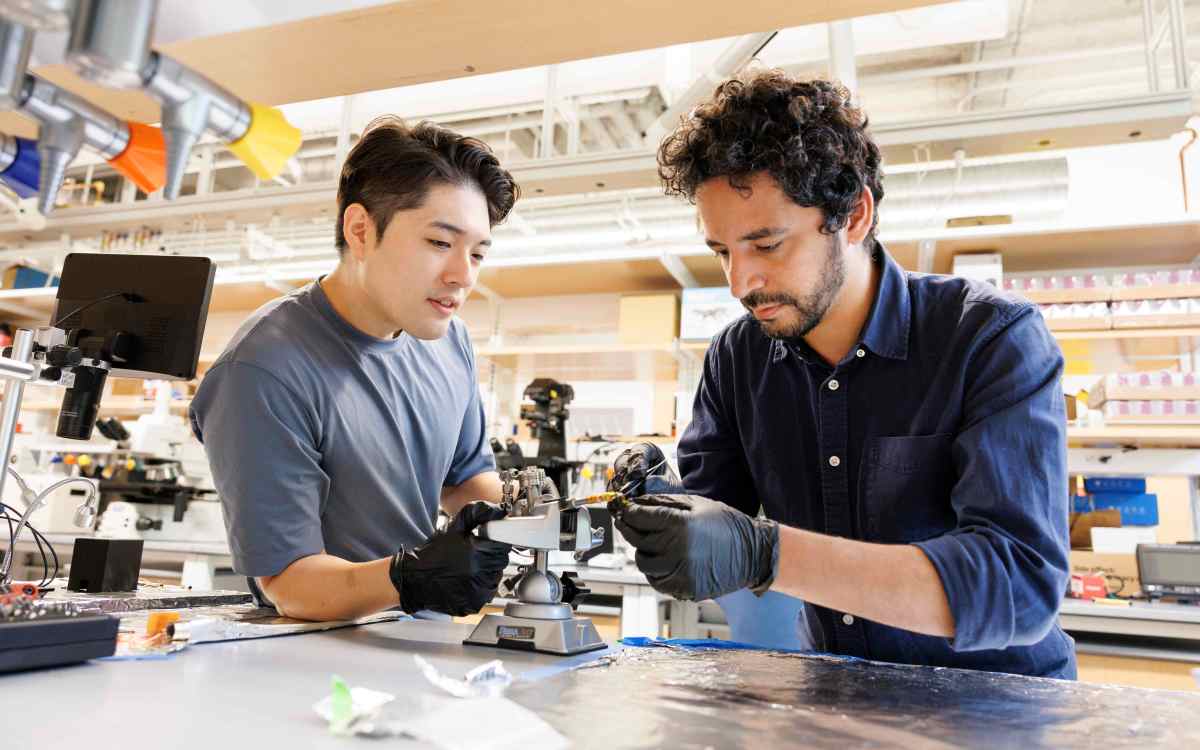
-
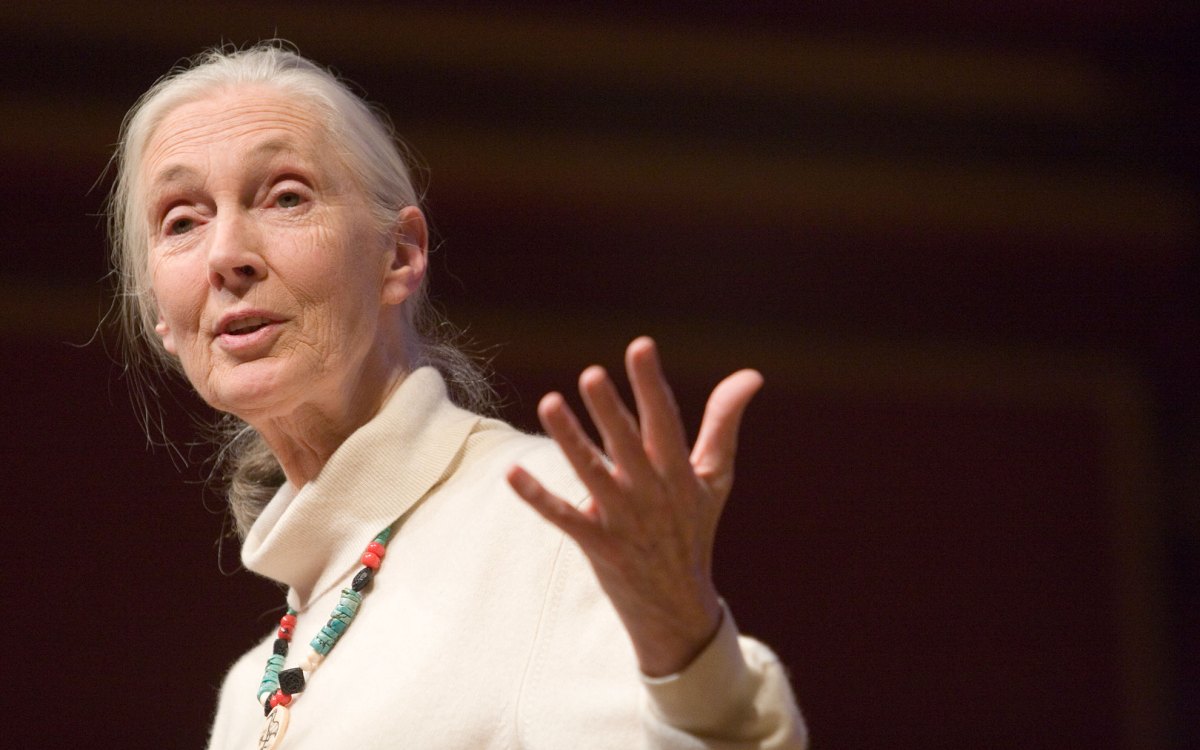
‘She had a sense of caring for everybody that she encountered.’
Richard Wrangham remembers his teacher and colleague Jane Goodall as a force of science, empathy, and hope
-
Day of the golden jackal
The surprising success story of the golden jackal in Europe holds lessons about nature’s resilience and about how nature might respond to the evolutionary pressure exerted by humans as we change the natural landscape. The Gazette spoke with doctoral student Nathan Ranc for insight.
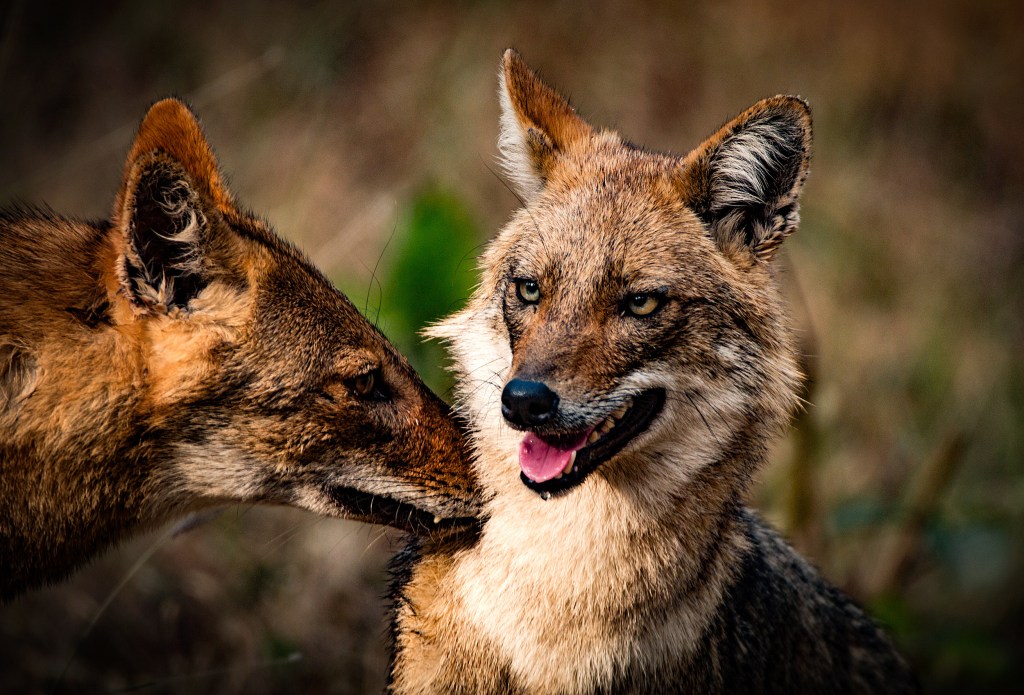
-
Arboretum gets a solar boost
The Weld Hill Solar Project, currently underway, is the Arnold Arboretum’s third and largest solar project and Harvard’s most ambitious sustainability initiative to date, with nearly 1,300 solar panels powering a 45,000-square-foot science laboratory and teaching facility in Roslindale.
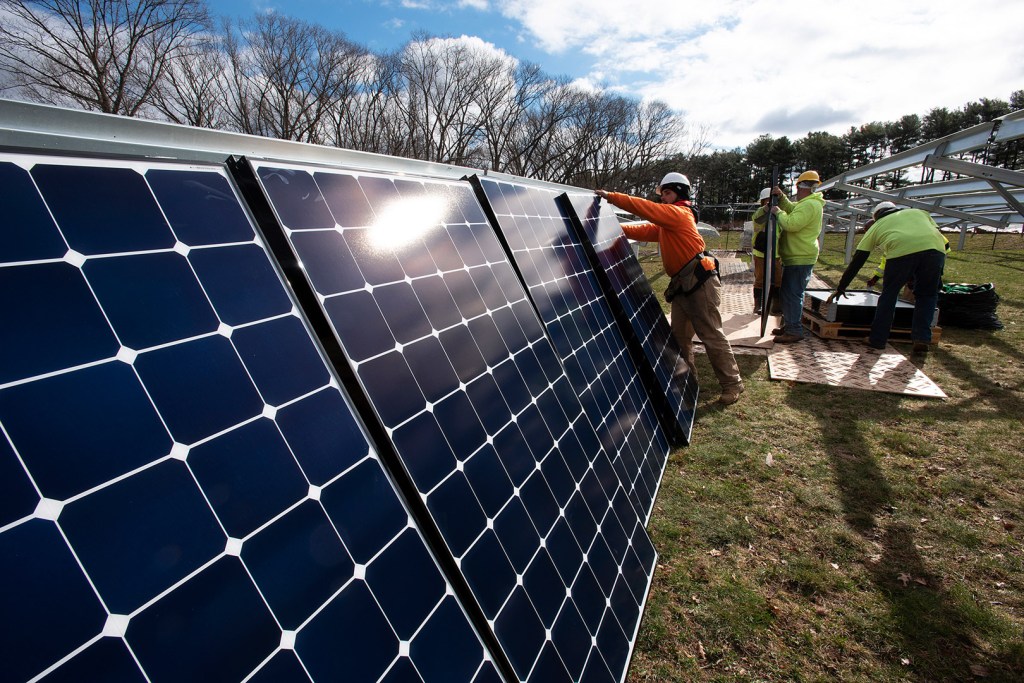
-
Written in the bones
Harvard doctoral students offered a glimpse of the future of evolutionary inquiry, outlining projects that touch on the human pelvis, butterfly hybrids, field and forest mice, and the mystery of an ancient pile of bones.
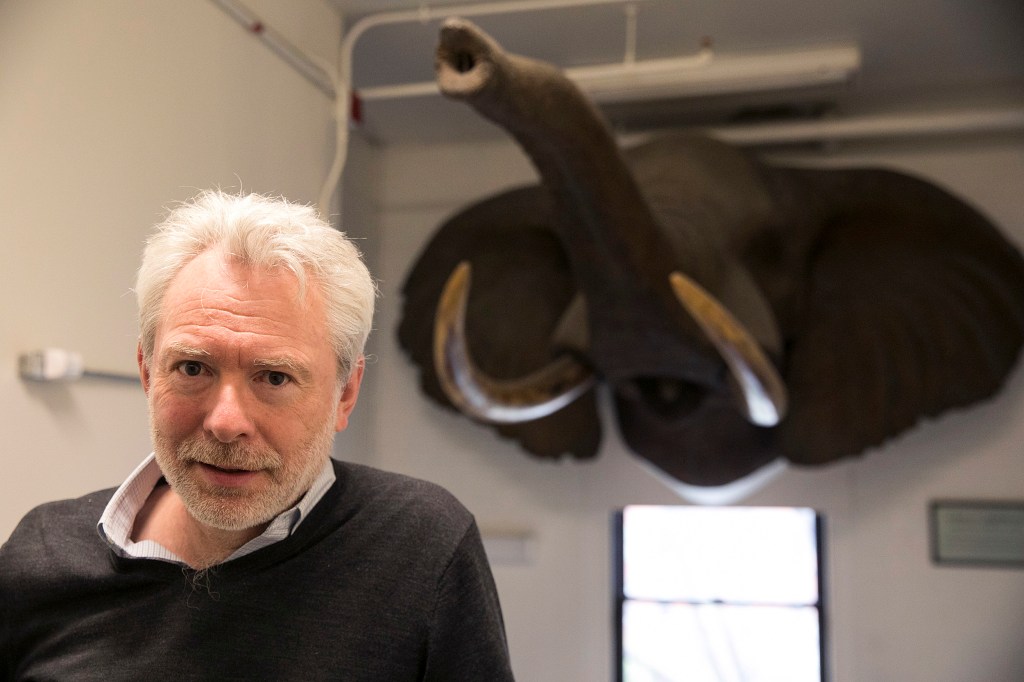
-
Containing the sun
Scientists from Harvard and Princeton have teamed up to create an artificial intelligence algorithm that can predict destructive disruptions in nuclear fusion experiments
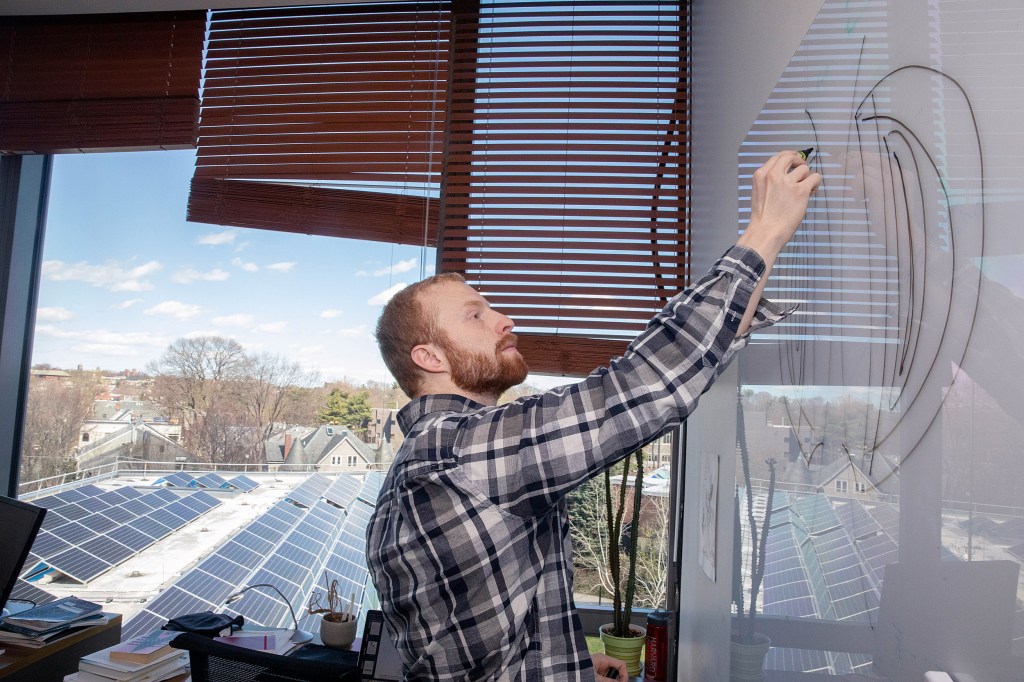
-
Protecting P-town
Architect and GSD Professor Scott Cohen discusses his studio course that considered how architects could help his beloved Provincetown, Mass., address the prospect of rising seas due to climate change while still retaining its quirky magic.

-
Rocketwoman
Fifty years ago this summer, Neil Armstrong took his “giant leap for mankind” on the moon. In his wake hundreds of others have flown into space, including Ellen Ochoa, a four-time shuttle astronaut who stepped down as director of the Johnson Space Center in 2018 and is currently a visiting fellow at the Harvard Kennedy School’s Center for Public Leadership.
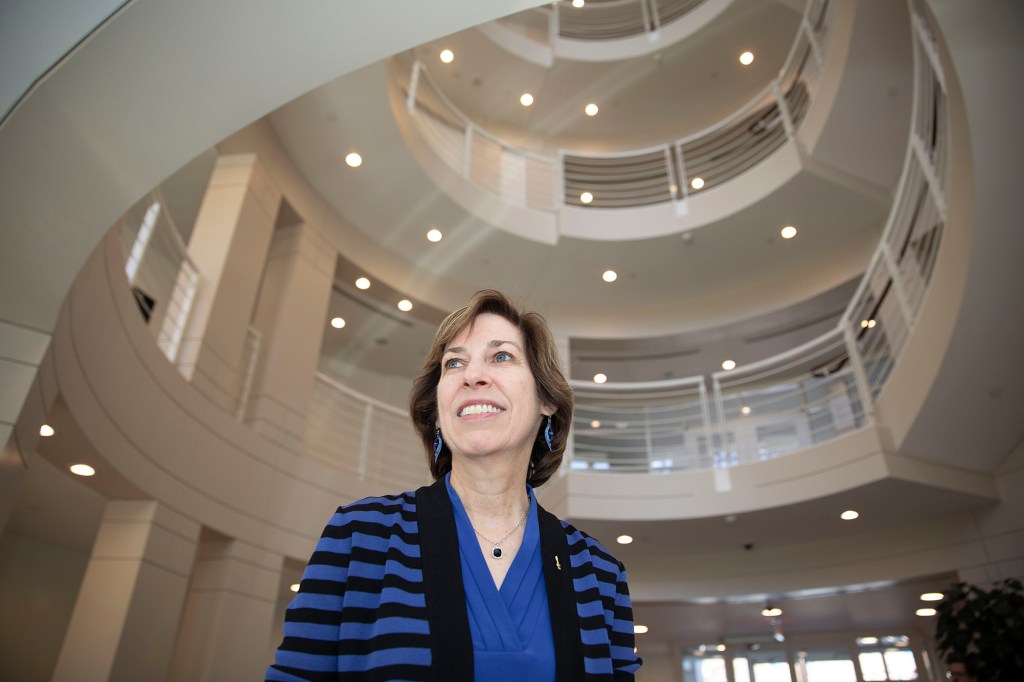
-
Clearing the way for cleaner air in China
Researchers have analyzed technical and economic viability for China to move toward carbon-negative electric power generation and found that China can do so in an economically competitive way.
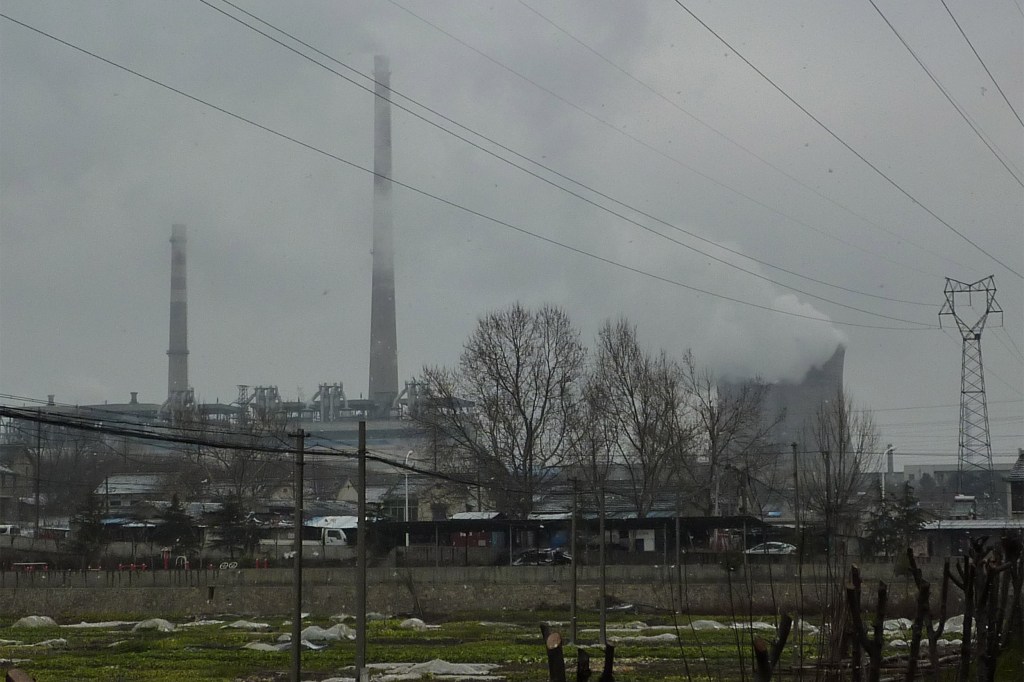
-
Before the Big Bang
Harvard researchers are proposing using a “primordial standard clock” as a probe of the primordial universe. The team laid out a method that may be used to falsify the inflationary theory experimentally.
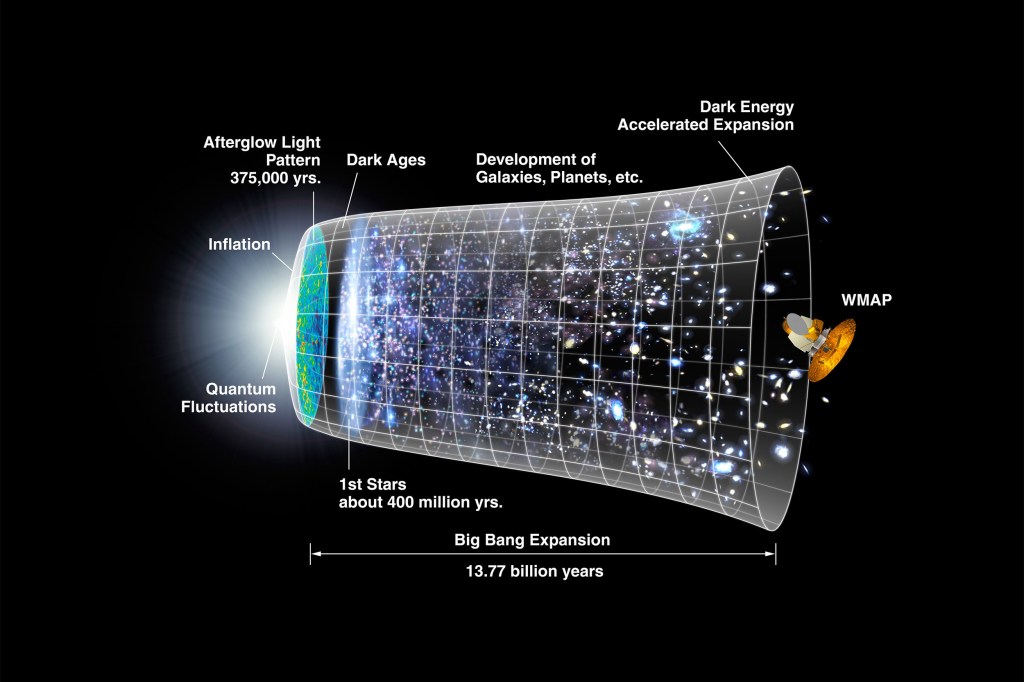
-
Identifying exotic properties
Though they have unusual properties that could be useful in everything from superconductors to quantum computers, topological materials are frustratingly difficult to predictably produce. To speed up the process, Harvard researchers in a series of studies develop methods for efficiently identifying new materials that display topological properties.
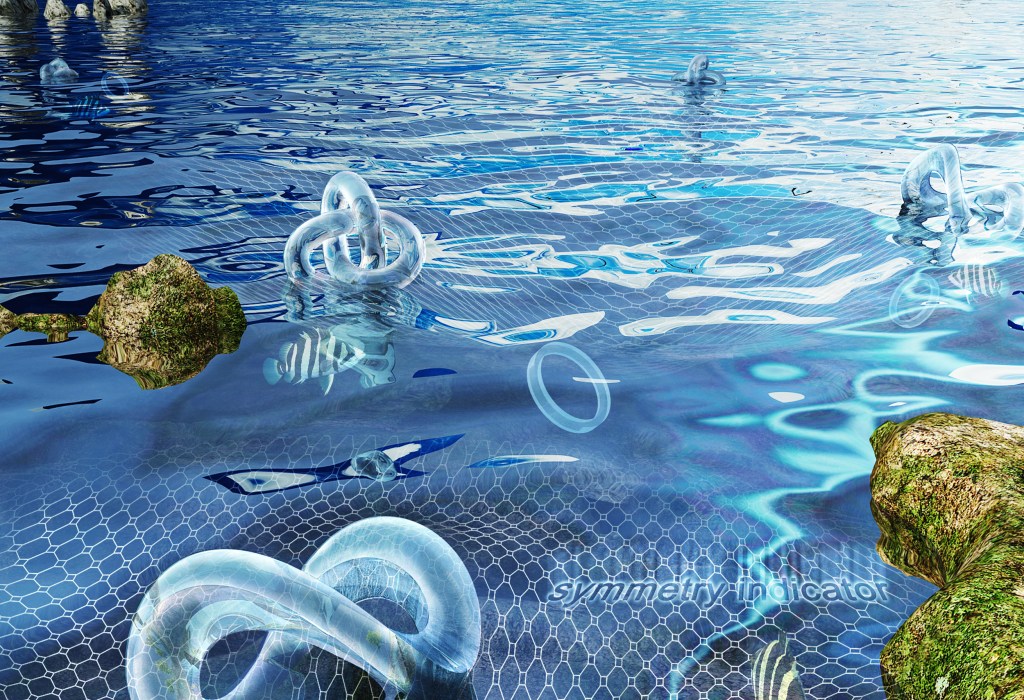
-
Laying some groundwork for environmental protection
The Wyss Institute has developed a sheet pile driving robot, Romu, that works in uneven terrain to build metal walls that can act as dams, retaining walls, or building foundations.
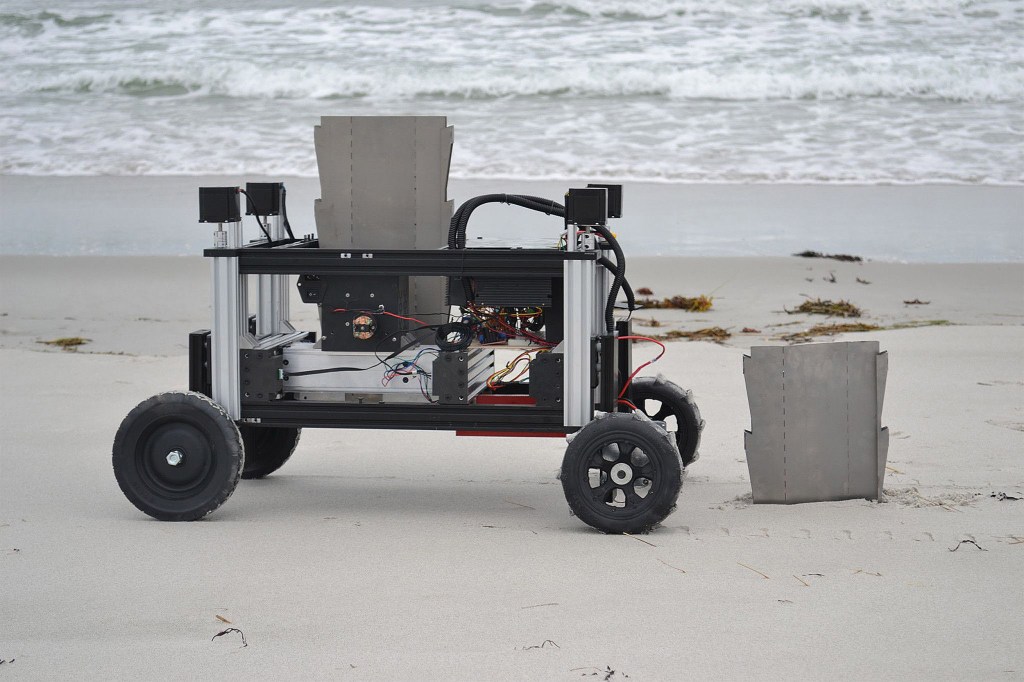
-
Tackling climate change through study
Harvard’s Climate Change Solutions Fund, now in its fifth year, is awarding seven research projects $1 million in grants.
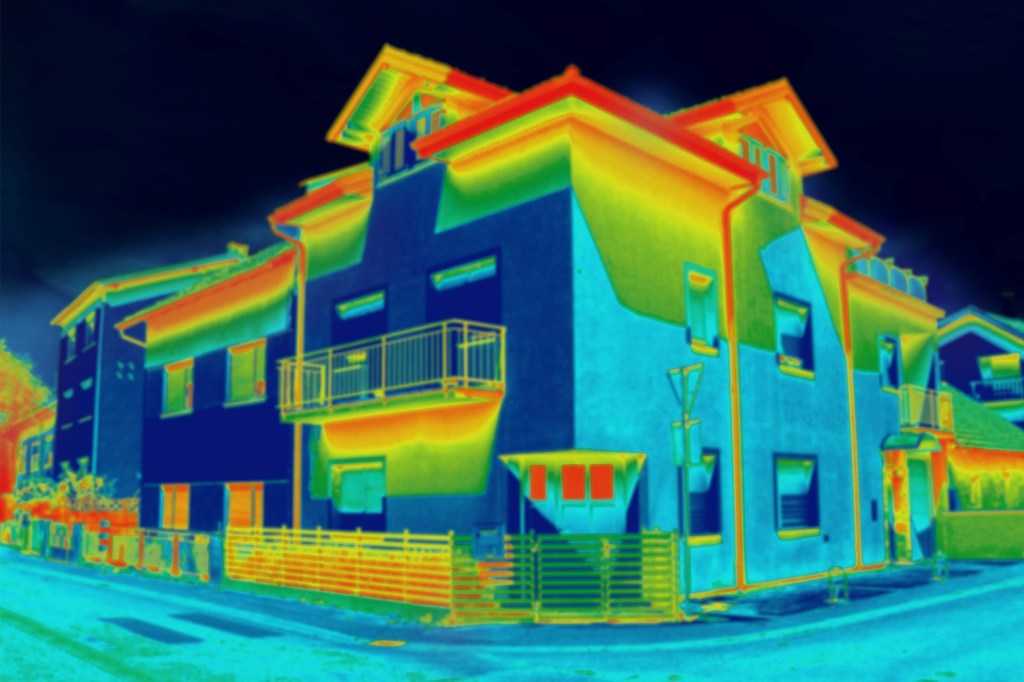
-
‘Seeing the unseeable’
A years-long effort by dozens of researchers at the Harvard-Smithsonian Center for Astrophysics reveals the first-ever image of a supermassive black hole.
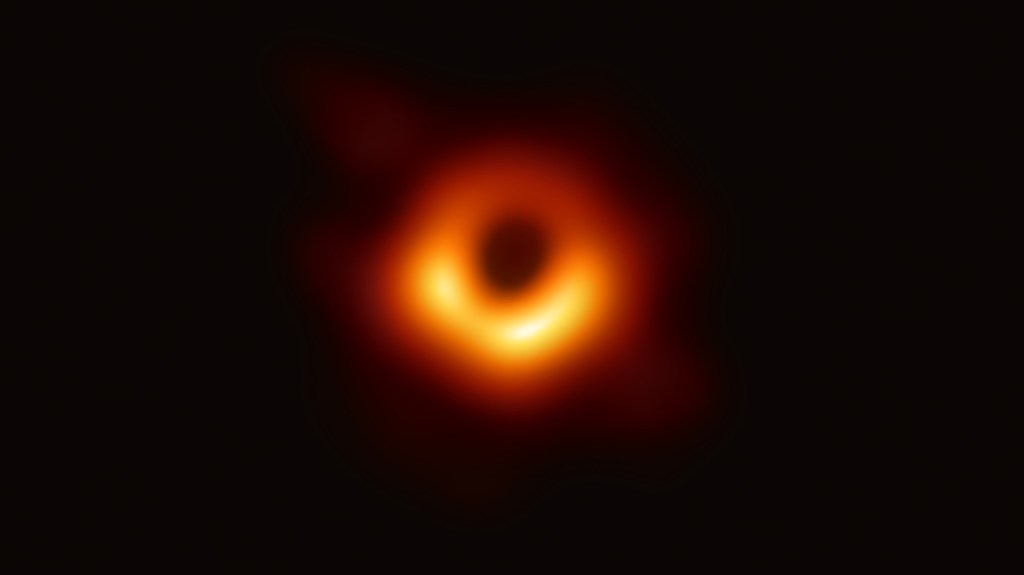
-
A black hole, revealed
Researchers at the Event Horizon Telescope (EHT) just unveiled the first-ever image of a black hole, which captures what EHT Director Sheperd Doeleman called “a one-way door from our universe.”
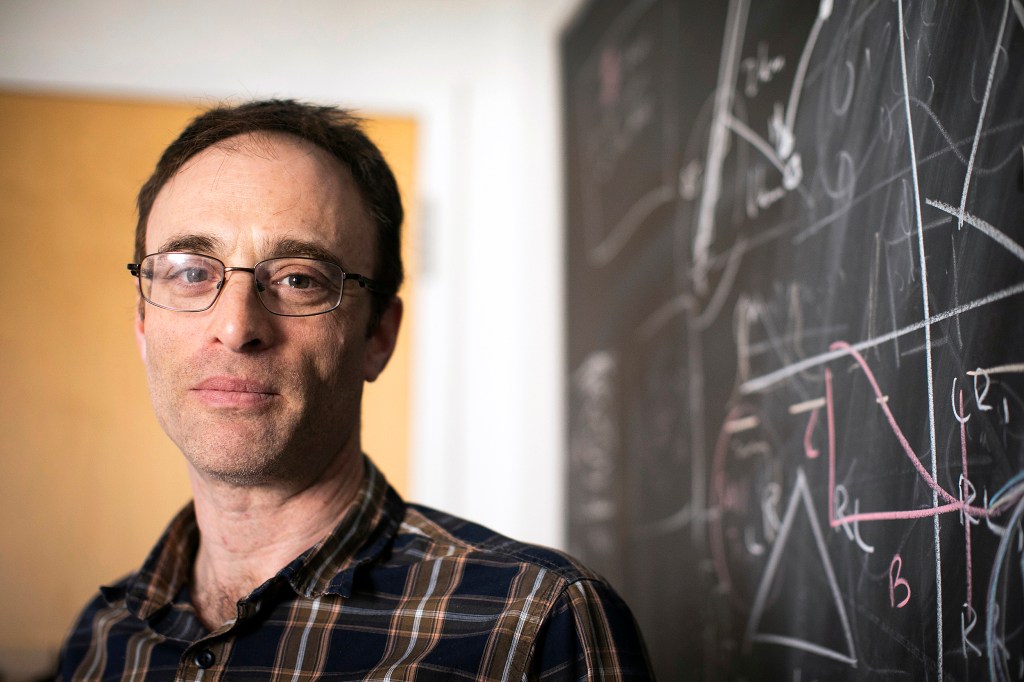
-
Putting ‘the language of the Earth on the agenda’
At Harvard, indigenous Alaskan elder Angaangaq Angakkorsuaq and Polynesian navigator Nainoa Thompson offered a close-to-the-earth perspective on climate change.
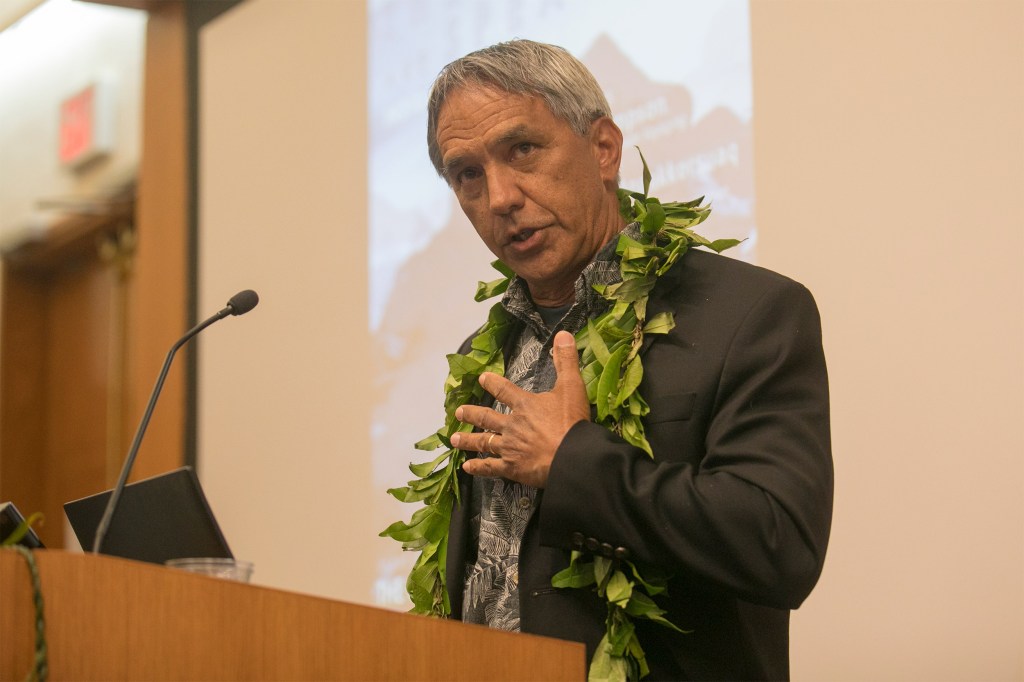
-
Breaking down ‘Beowulf’
Using a statistical approach known as stylometry, which analyzes everything from the poem’s meter to the number of times different combinations of letters show up in the text, a team of researchers found new evidence that “Beowulf” is the work of a single author.
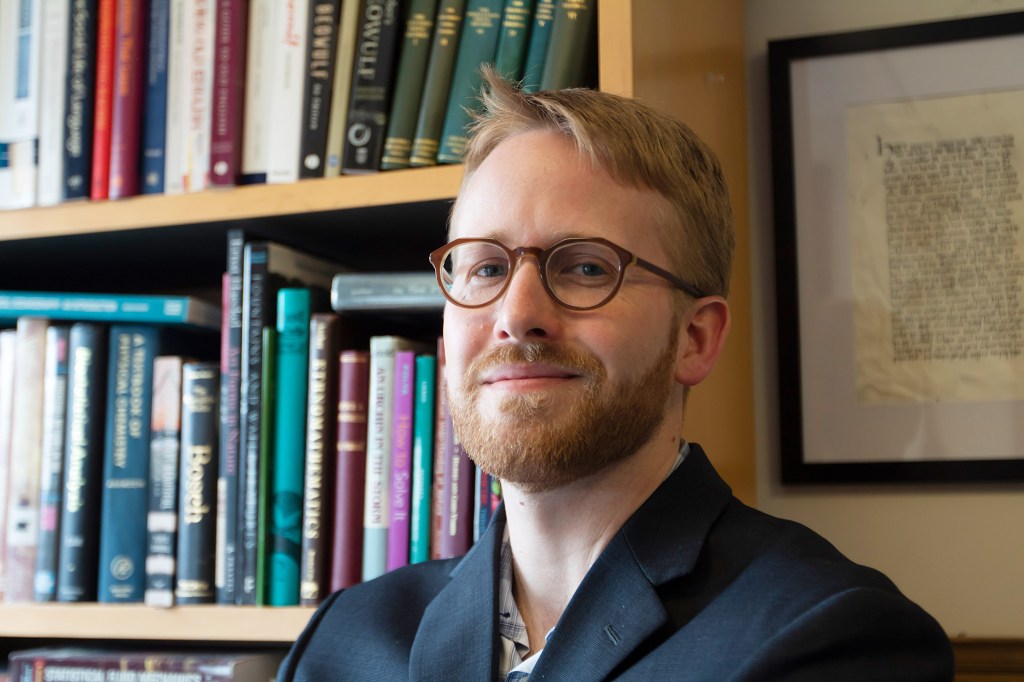
-
Building a better med student
Researchers at Harvard Medical School’s Blavatnik Institute are developing an algorithm with information that is so complex, it will understand everything a first-year medical student knows.
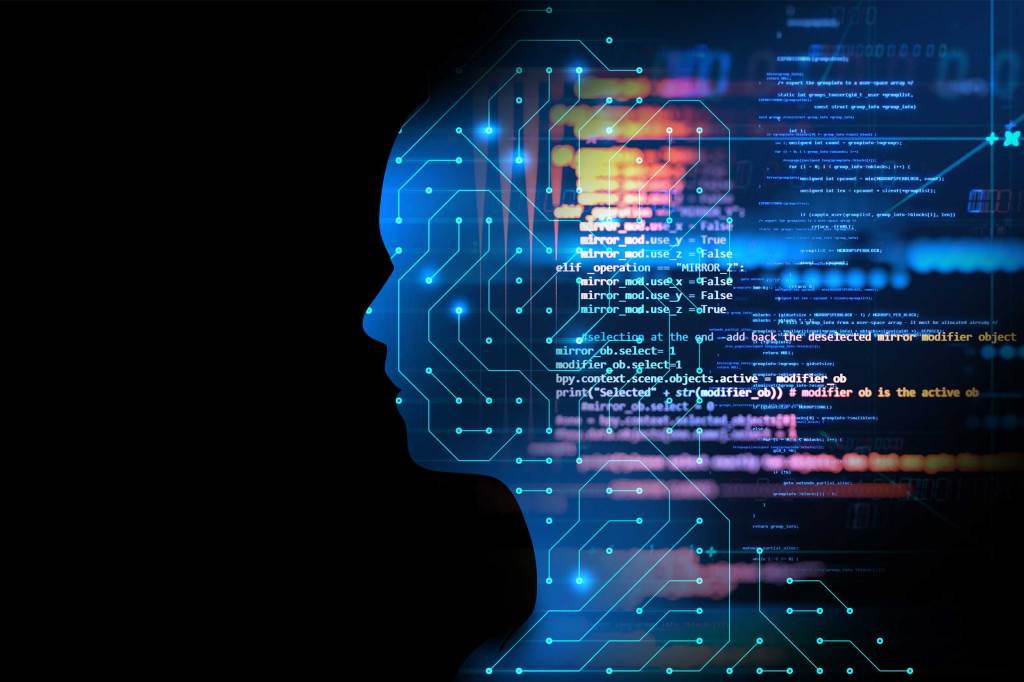
-
Beware the deeper water
For the past decade, scientist Greg Skomal and a team of researchers have been tagging and studying great white sharks off the Massachusetts coast. He hopes his work tracking the sharks’ movement, biology, and behavior will help shed light on the giant predators, help protection efforts, and perhaps reduce their encounters with humans.
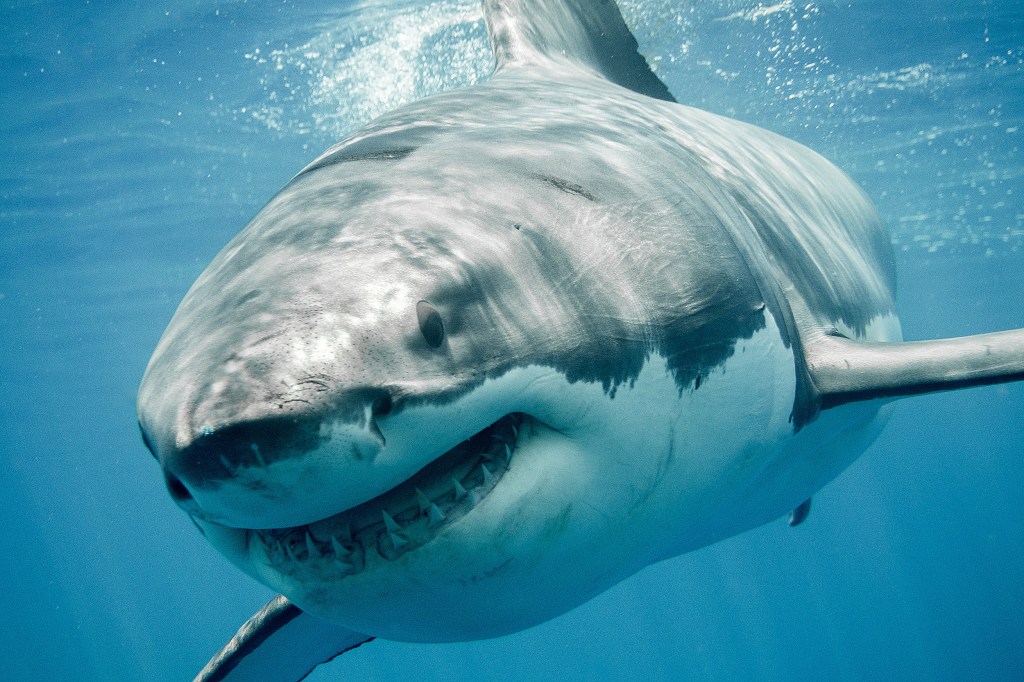
-
Tapping the collective mind
Machine learning is an adaptive form of artificial intelligence that could allow physicians to use the collective wisdom of billions of medical decisions, patient cases, and outcomes to inform diagnosis and treatment.
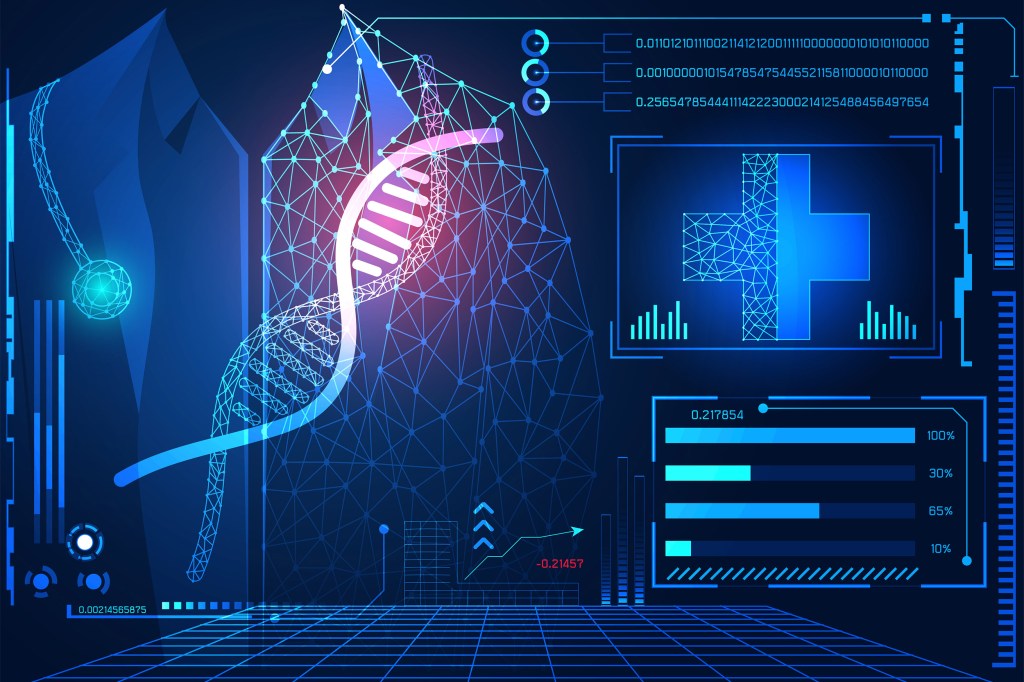
-
A soft touch
A new rubber computer combines the feel of a human hand with the thought process of a traditional computer, replacing the last hard components in soft robots. Now, soft robotics can travel where metals and electronics cannot — high-radiation disaster areas, outer space, and deep underwater — and turn invisible to the naked eye or even sonar detection.
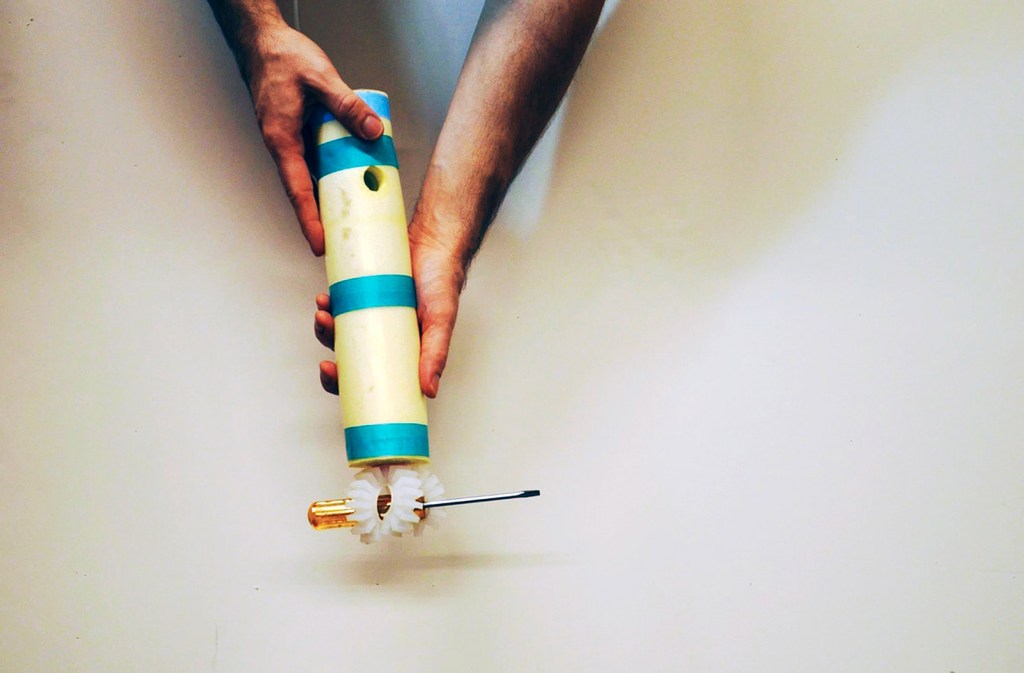
-
Scientists are blown away by hurricane experiment’s results
Three decades after scientists intentionally knocked down nearly 300 trees at Harvard Forest, nature is still surprising as experiments continue.
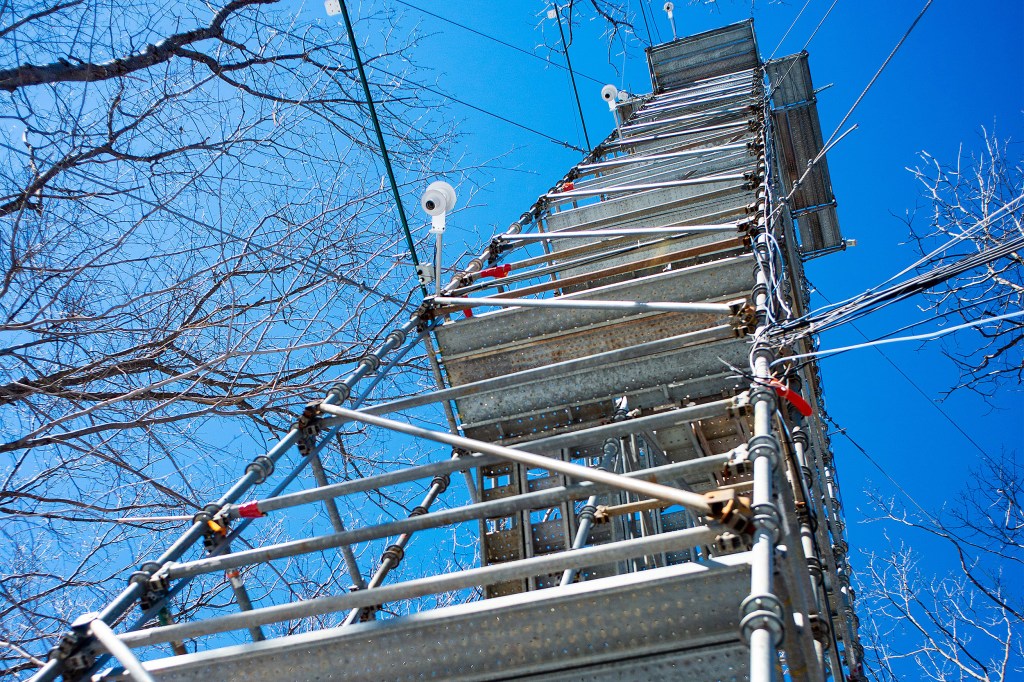
-
‘Any patient with any disease’
Developed through Harvard’s Blavatnik Biomedical Accelerator, an innovative immune-silent stem cell technology could lead to novel cell therapies to treat “any patient with any disease.”
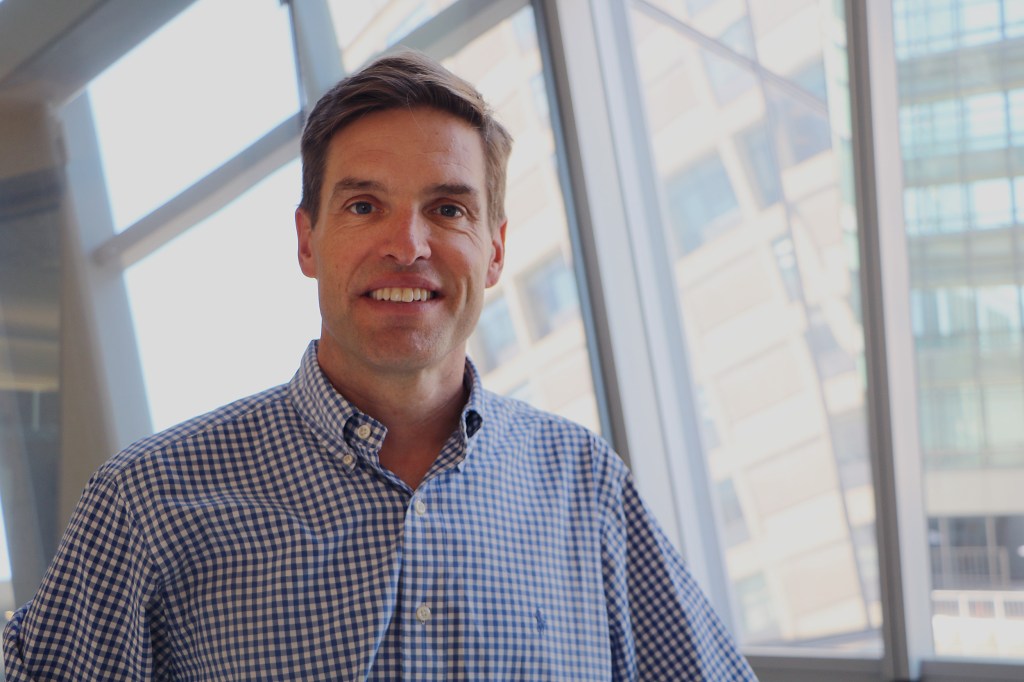
-
A gold star for going green
Harvard received an award at the Climate Leadership Conference in Baltimore, recognizing its commitment to the environment.

-
Seeing the forest for the trees
Novelist Richard Powers’ “The Overstory” features trees as key characters in an entwined tale of human life and our impact on the natural world. He will speak at the Arnold Arboretum and the Mahindra Humanities Center later this month.
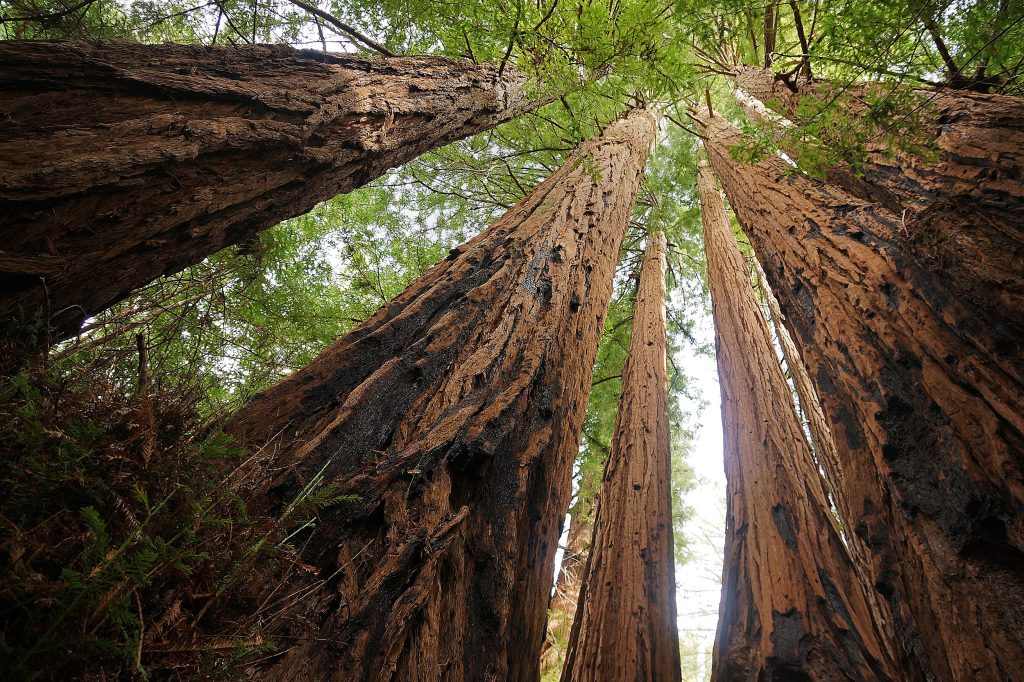
-
The genetics of regeneration
Led by Assistant Professor of Organismic and Evolutionary Biology Mansi Srivastava, a team of researchers is shedding new light on how animals perform whole-body regeneration, and uncovering a number of DNA switches that appear to control genes used in the process.
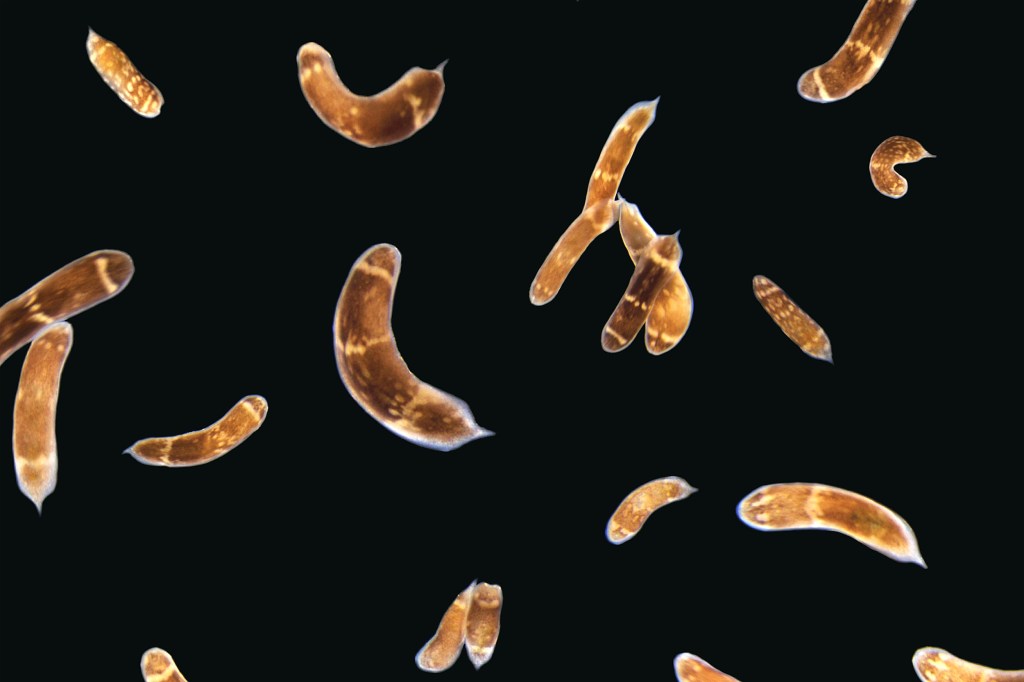
-
Our endless fascination with pi
For centuries, pi — the ratio of a circle’s circumference to its diameter — has fascinated mathematicians and scientists. For more perspective on the famous number, the Gazette turned to physics lecturer Jacob Barandes — who, with some help from his 9-year-old daughter, Sadie, recited pi to 100 digits for us.
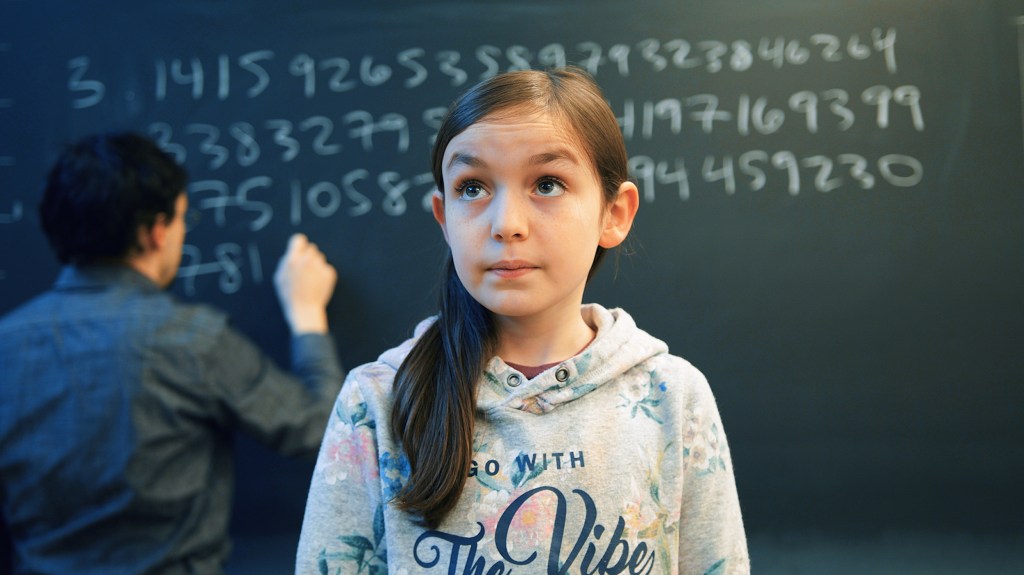
-
Sensors go undercover to outsmart the brain
Harvard scientists have created brain implants so similar to neurons that they actually encourage tissue regeneration in animal models. They may one day be used to help treat neurological diseases, brain damage, and even mental illness.
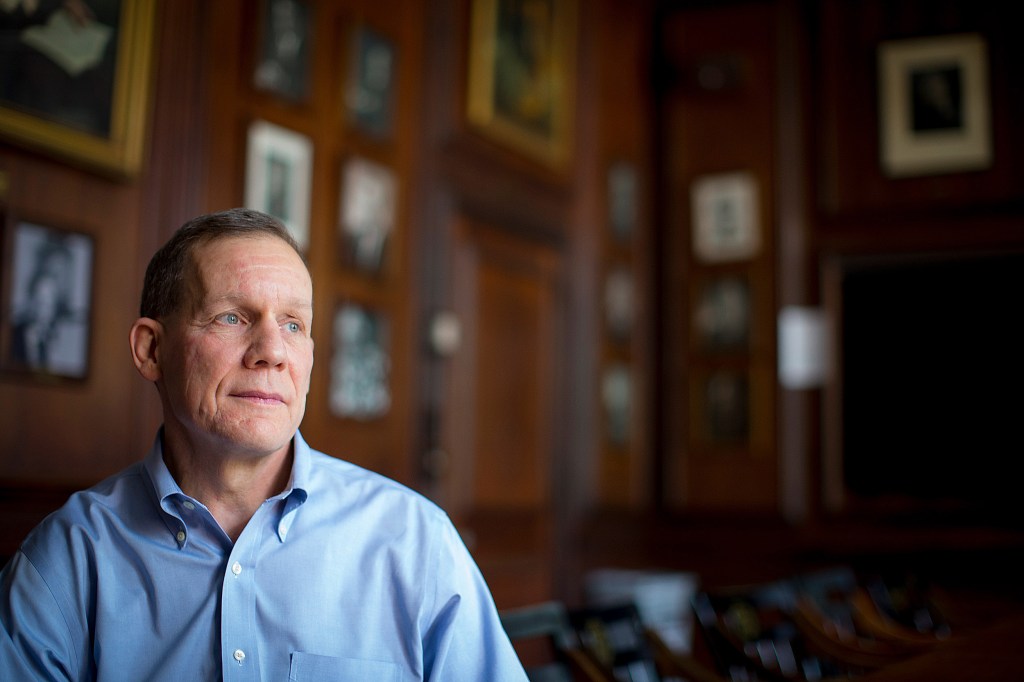
-
Should landlords have to share what’s been bugging them?
It might seem crazy for landlords to tell potential tenants about past bedbug infestations, but Alison Hill believes it will pay off in the long run. In a study, Hill found that while landlords would see a modest drop in rental income in the short term, they would make that money back in a handful of years, and the policies could dramatically slow the spread of the insects.
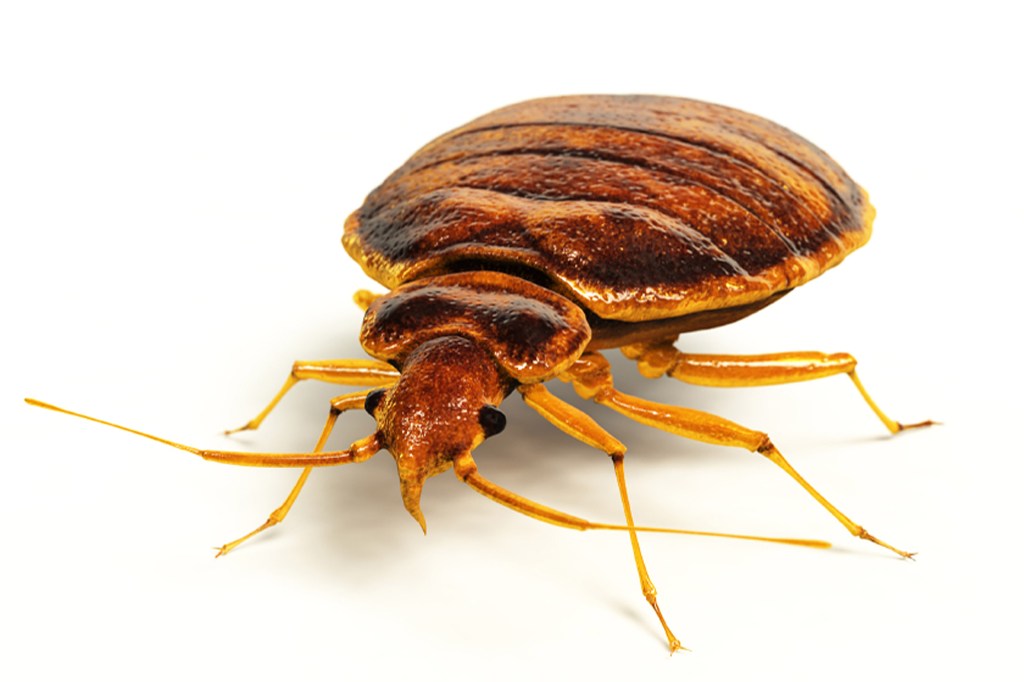
-
A step closer to tissue-engineered kidneys
The Wyss Institute and Roche Innovation Center Basel in Switzerland have teamed up to create 3-D bioprinted proximal tubules beside functioning blood vessel compartments, closely mimicking the kidney’s blood-filtration system that removes waste products while returning “good” molecules, such as glucose and amino acids, back into the bloodstream.
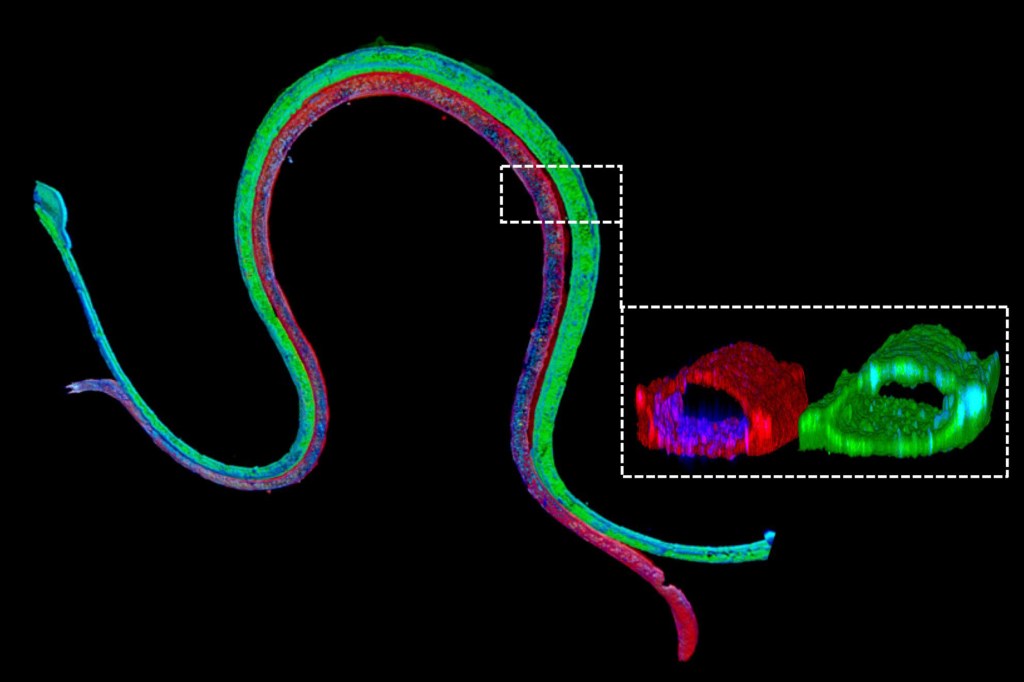
-
‘Siri, who provided your voice?’
The daylong conference “Beyond Words: Gender and the Aesthetics of Communication” at the Radcliffe Institute for Advanced Study explored body communication and included talks on perfumes, tattoos, sign language, dance, and fashion.
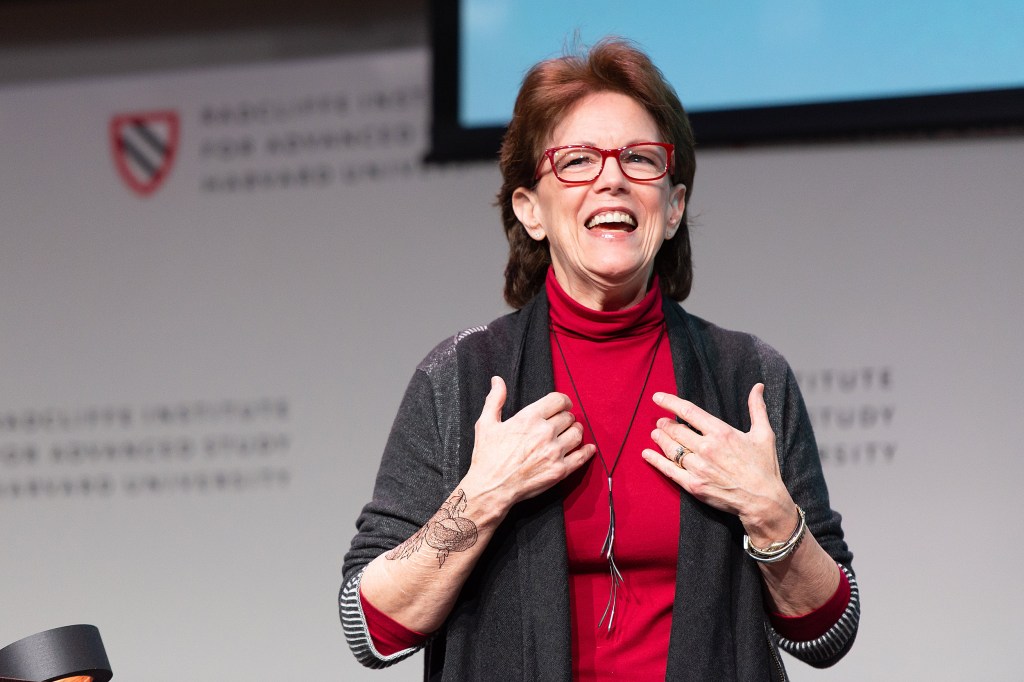
-
Following conflict, a turn to the divine
Working with a team of international researchers, Harvard scientists gathered survey data in several locations around the globe and found that, following the trauma of seeing a friend or loved one killed or injured during conflict, many became more religious.

